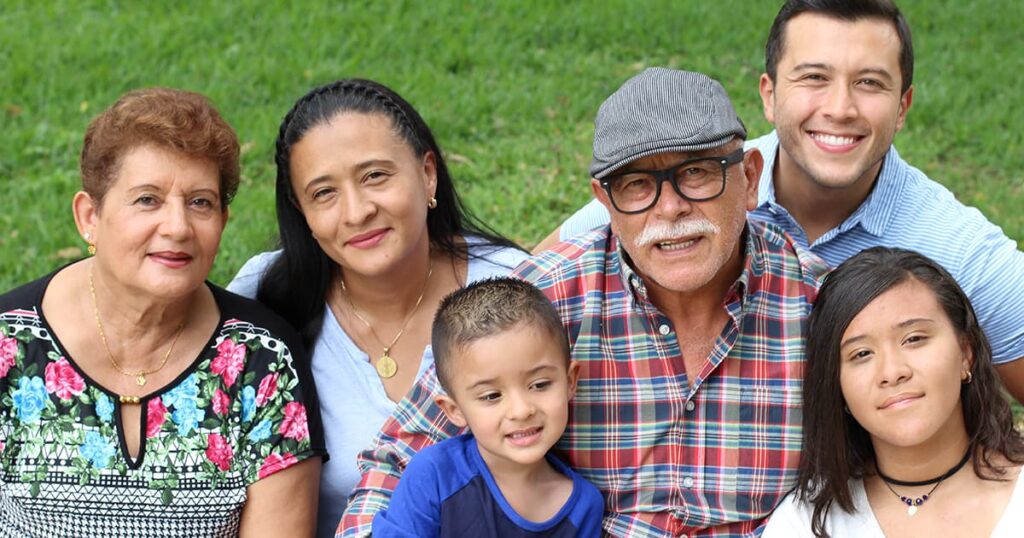
Oregon State University has a brand new batch of faculty this year, arriving from all corners of the globe, and bringing with them impressive resumes and an enthusiasm for their role as OSU professors. LIFE@OSU asked some of the 80 new faces to tell a little bit more about themselves, their work, and why they chose OSU as their new academic home.

Carolyn Mendez-Luck
Assistant Professor of Human Development and Family Sciences
School of Social and Behavioral Health Sciences
View Carolyn’s Faculty Profile
Having the chance to be part of the beginning of a new chapter in OSU history was something Carolyn Mendez-Luck couldn’t pass up.
“I liked the idea of getting in on the ground floor of the development of an accredited School of Public Health,” she said. “I was especially excited by the opportunity to be part of this dynamic time in the College’s history.”
Mendez-Luck has just made the switch from Southern California to Corvallis, drawn to both the opportunities and the chance for a smaller town lifestyle. After completing her PhD in public health at UCLA, she was a faculty associate with the UCLA Health Policy Research Center.
Now at OSU, she is continuing to work on research projects in East L.A. that she already established, focusing on Latino caregivers and elderly diabetic care receivers and the ways they manage diabetes in the home. The work is part of a five-year NIH/NIA-funded career development (K01) award in health disparities and aging research. The topic is one she hopes to investigate here as well.
“I am eager to begin similar research in Oregon,” she said. “My first steps will be to reach out to the Latino community in the Corvallis area and throughout the state. I am especially interested in identifying the health issues that Latino families are most concerned about and the aspects of their communities that they believe enable and inhibit healthy lifestyles.”
Mendez-Luck focuses on building academic-community partnerships with local non-profits. The topic of aging, especially in the Latino community, is very relevant to the shifting demographics of the United States.
“The U.S. Latino elderly population is the fastest growing older adult subgroup and is expected to represent 20 percent of all older adults in 2050”
“The reason I study elder care in Latino families is because of the changing face of the aging population. The U.S. and Oregon are also becoming increasingly diverse,” she said. “The U.S. Latino elderly population is the fastest growing older adult subgroup and is expected to represent 20 percent of all older adults in 2050. Since the long-term care system in America relies heavily on informal care networks, all families will face an increased demand for elder caregiving.”
Latinos particularly face a larger burden of disease because of a lack of healthcare access over a lifetime, and diabetes, a disease that is common in the Latino population, has debilitating long-term health consequences.
“One long-term goal of my research program is to lessen the caregiving burden in Latino families by designing culturally-relevant programs aimed at improving diabetic elders’ health through good diabetes management in the home,” she said.
Mendez-Luck will be teaching undergraduate and graduate courses in gerontology, including culture, aging, and health.